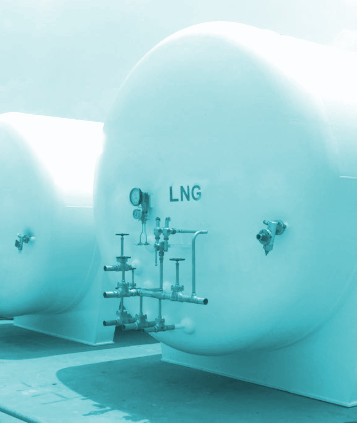Woodside deals with drop
 Woodside Energy has experienced a sharp decline in its average production price, sliding from $85 to $63 per barrel.
Woodside Energy has experienced a sharp decline in its average production price, sliding from $85 to $63 per barrel.
Despite the slide, the company has maintained its production guidance for 2023, suggesting it is determined to endure the challenging market conditions.
Currently, the construction on the $16.5 billion Scarborough and Pluto expansion project is progressing, with an alleged 38 per cent completion status across the two.
However, doubts have been cast upon the certainty of Australian LNG cargoes due to the Albanese government's recent policy moves against the natural gas industry.
Woodside Energy CEO, Meg O’Neill, says prospective customers of Australian LNG have expressed concerns about the reliability of supply from the country.
This issue was reportedly a hot topic at the LNG2023 conference in Vancouver, where Ms O’Neill met with numerous current and potential LNG buyers.
The government's interventions on LNG export controls have raised uncertainty among trading partners, especially regarding the impact of the safeguard mechanism on Japanese customers.
Woodside Energy has assured buyers that LNG projects on Australia's west coast are exempt from these interventions.
Nevertheless, Ms O’Neill says the broader concerns of LNG buyers remain, and stressed the importance of continuing dialogue with the Australian government to address these apprehensions.
Ms O’Neill has described the recently finalised mandatory code of conduct for gas producers on the east coast as “workable”.
The code aims to ensure cost-effective and reliable supply to domestic buyers. However, it remains to be seen whether the code will influence the decision of Esso and Woodside to limit forward planning at their Gippsland Basin gas joint venture to only six months.
Woodside's latest quarterly report reveals a challenging period for the company, marked by lower oil and LNG prices, resulting in the weakest quarter since the merger with BHP Petroleum in 2022.
Sales for the April-June period totaled $3.08 billion, down from $4.33 billion in the previous quarter and 10 percent lower than the same period last year.
The decline in average product prices contributed to this downturn, with the price per barrel dropping to $63 from $85 in the previous quarter.







 Print
Print